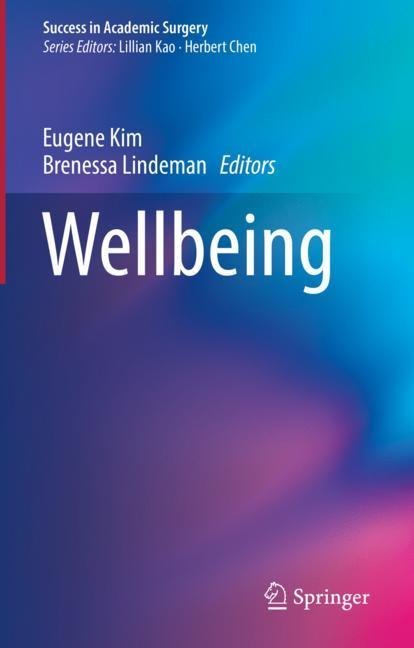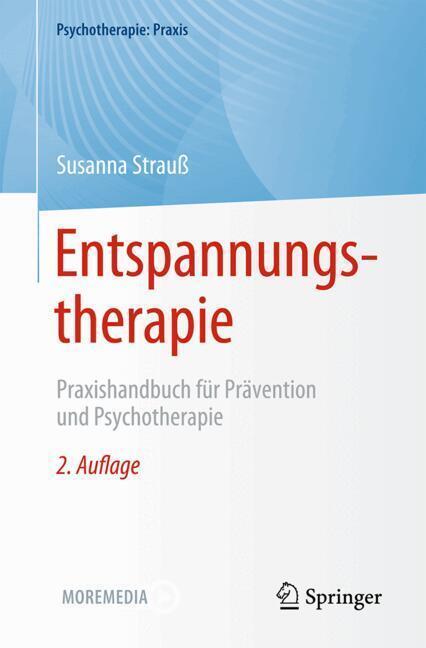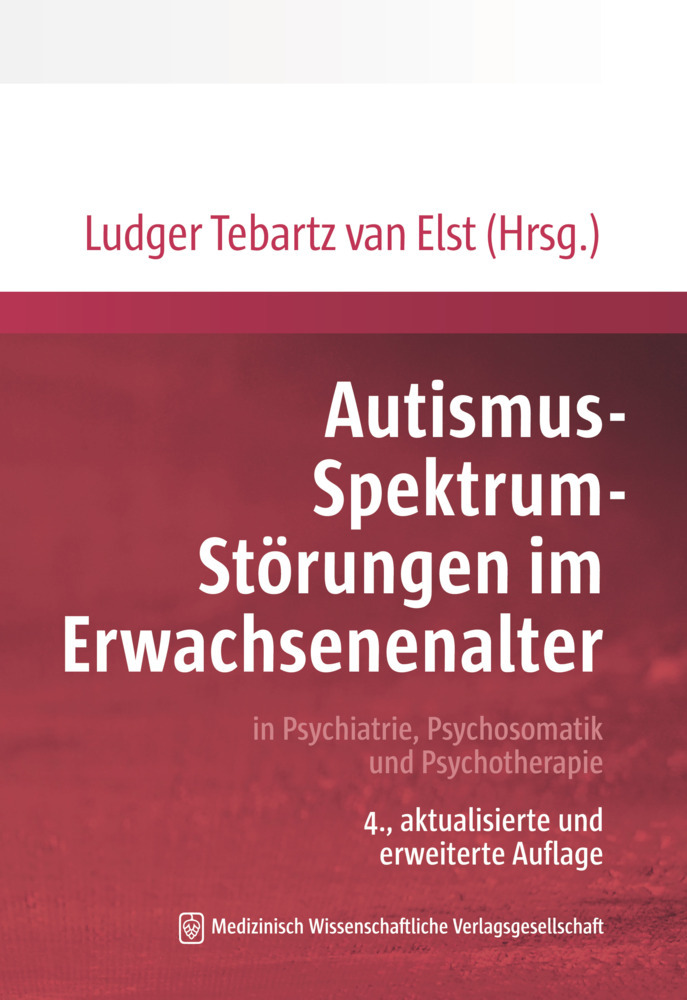This book provides a detailed guide for surgeons and surgical trainees on a variety of facets relevant to wellbeing, and how to maintain wellbeing throughout a career in academic surgery. Individual and external factors relevant to wellbeing are both covered in relation to the surgeon. Aspects covered include healthcare roles, personal factors, socio-cultural factors, the regulatory business, and payer environment. Potential strategies for managing welfare including considerations for both students and residents are provided, as are methodologies for studying aspects of wellbeing.
Wellbeing offers a practical and personal insight on maintaining wellbeing in academic surgery and is a valuable resource for all practicing and trainee surgeons across a variety of disciplines, as well as those who are interested in studying factors affecting the wellbeing of surgical specialists.
Eugene Kim, MD, is Professor of Surgery and Pediatrics, Clinical Scholar, in the Divisions of Pediatric Surgery and Hematology, Oncology, Blood and Marrow Transplantation, Departments of Surgery and Pediatrics at the University of Southern California Keck School of Medicine in Los Angeles, California. He received his undergraduate degree in Biochemical Sciences from Harvard University and his medical degree from Columbia University College of Physicians and Surgeons. He completed his residency in general surgery at Columbia University Medical Center, New York-Presbyterian Hospital, in New York City and subsequently completed a fellowship in pediatric surgery at Cincinnati Children's Hospital Medical Center, Cincinnati, Ohio. Dr. Kim's clinical and basic expertise is in pediatric surgical oncology. He has a passion for the education, development, and wellbeing of residents and faculty.
Brenessa Lindeman, MD, MEHP, is an Assistant Professor of Surgery and Associate Designated Institutional Official for the Clinical Learning Environment at the University of Alabama at Birmingham. She completed her undergraduate training summa cum laude at the University of Louisville and graduated Alpha Omega Alpha as the Founder's Medalist at the Vanderbilt University School of Medicine in 2009. She completed residency training in General Surgery at the Johns Hopkins University School of Medicine, where she served as an Administrative Chief Resident, and completed a fellowship in Endocrine Surgery at Brigham and Women's Hospital/Harvard Medical School. Brenessa earned a Masters of Education in the Health Professions from Johns Hopkins University and completed Surgical Education Research Fellowships with the Association for Surgical Education and Massachusetts General Hospital. In addition to her clinical practice, Dr. Lindeman's research interests are in development and assessment of competency in surgical trainees, resident supervision and autonomy, and evaluation of the learning climate/physician wellbeing as an academic surgeon.1;Contents;6 2;Part I: Introduction;8 2.1;Chapter 1: What Is Wellbeing?;9 2.1.1;1.1 Origin of Wellbeing Concepts;10 2.1.2;1.2 Concept of Wellbeing;11 2.1.3;1.3 Definition of Wellbeing;14 2.1.4;References;15 2.2;Chapter 2: Why Focus on Wellbeing?;17 2.2.1;2.1 Personal Losses;17 2.2.1.1;2.1.1 Loss of Physical Health;18 2.2.1.2;2.1.2 Loss of a Healthy Lifestyle;18 2.2.1.3;2.1.3 Loss of Mental Health;20 2.2.1.4;2.1.4 Loss of Relationships;21 2.2.1.5;2.1.5 Loss of Employment;21 2.2.1.6;2.1.6 Loss of Life;21 2.2.2;2.2 Institutional Losses;22 2.2.2.1;2.2.1 Loss of Employees;22 2.2.2.2;2.2.2 Loss of Productivity;23 2.2.2.3;2.2.3 Loss of Patient Satisfaction, Quality and Safety;23 2.2.3;2.3 Societal Losses;23 2.2.4;2.4 Loss of Meaning and Purpose;24 2.2.5;2.5 Conclusion;24 2.2.6;References;25 3;Part II: Maintaining Wellbeing as a Surgeon;26 3.1;Chapter 3: Important Terms in Wellbeing;27 3.1.1;3.1 Introduction;27 3.1.2;3.2 Factors Positively Associated with Wellbeing;28 3.1.3;3.3 Factors Negatively Associated with Wellbeing;29 3.1.4;3.4 Individual Characteristics to Combat Burnout and Support Wellbeing;30 3.1.5;3.5 External Strategies to Promote Wellbeing;31 3.1.6;References;33 3.2;Chapter 4: Conceptual Framework for Wellbeing;35 3.2.1;4.1 The National Academy of Medicine Action Collaborative on Clinician Wellbeing and Resilience;35 3.2.2;4.2 Conceptual Model of the Factors Affecting Clinician Wellbeing and Resilience;36 3.2.3;4.3 Intervening on Physician Wellbeing;39 3.2.4;References;41 4;Part III: Individual Factors of Wellbeing;43 4.1;Chapter 5: Healthcare Role;44 4.1.1;5.1 Introduction;44 4.1.2;5.2 Administrative Responsibilities;45 4.1.3;5.3 Alignment of Responsibility and Authority;45 4.1.4;5.4 Clinical Responsibilities;46 4.1.5;5.5 Learning and Career Stage;48 4.1.6;5.6 Patient Population;49 4.1.7;5.7 Specialty Related Issues;49 4.1.8;5.8 Student and Trainee Responsibilities;50 4.1.9;5.9 Teaching and Research Responsibilities;51 4.1.10;5.10 Conclusion;51 4.1.11;References;52 4.2;Chapter 6: Personal Factors;55 4.2.1;6.1 Introduction;55 4.2.2;6.2 Intrinsic Personal Factors;55 4.2.2.1;6.2.1 Personality Traits;55 4.2.2.2;6.2.2 Flexibility and Ability to Respond to Change;56 4.2.2.3;6.2.3 Personal Values, Ethics, and Morals;57 4.2.3;6.3 Extrinsic Personal Factors;58 4.2.3.1;6.3.1 Relationships and Social Support;58 4.2.3.2;6.3.2 Family Dynamics;59 4.2.3.3;6.3.3 Work-Life Integration;59 4.2.3.4;6.3.4 Financial Stressors/Economic Vitality;60 4.2.4;6.4 Work Environment Personal Factors;61 4.2.4.1;6.4.1 Inclusion and Connectivity;61 4.2.5;6.5 Conclusion;62 4.2.5.1;6.5.1 Physical, Mental, and Spiritual Well-being;62 4.2.5.2;6.5.2 Sense of Meaning;62 4.2.6;References;63 4.3;Chapter 7: Meaning/Purpose in Work;64 4.3.1;7.1 Background;64 4.3.2;7.2 Empathy, Meaning, and Empathetic Distress;65 4.3.3;7.3 Enhancers of Enjoyment and Meaning in Work;66 4.3.4;7.4 Elements That Detract from Meaning in Work;69 4.3.5;7.5 Net Meaning;71 4.3.6;References;73 4.4;Chapter 8: Skills and Abilities;75 4.4.1;8.1 Introduction;75 4.4.2;8.2 Clinical Competency;75 4.4.3;8.3 Mentorship;77 4.4.4;8.4 Management, Delegation, Leadership, Communication, and Teamwork Skills;77 4.4.5;8.5 Optimizing Workflow, Organizational Skills, Mastering New Technologies;78 4.4.6;8.6 Resilience and Grit;78 4.4.7;8.7 Coping Skills, Empathy, and Emotional Intelligence;79 4.4.8;8.8 Conclusion;80 4.4.9;References;80 5;Part IV: External Factors of Wellbeing;83 5.1;Chapter 9: Sociocultural Factors of Wellbeing;84 5.1.1;9.1 Economic and Political Climate;84 5.1.2;9.2 Alignment of Societal Expectations and Clinician's Role;86 5.1.3;9.3 Media Portrayal;87 5.1.4;9.4 Patient Behaviors and Expectations;88 5.1.5;9.5 Culture of Safety and Transparency;89 5.1.6;9.6 Discrimination and Overt and Unconscious Bias;91 5.1.7;9.7 Stigmatization of Mental Illness;95 5.1.8;9.8 Conclusion;96 5.1.9;References;96 5.2;Chapter 10: Regulatory, Business, and Payer Environment;102 5.2.1;10.1 Introduction;102 5.2.2;10.2
| ISBN | 9783030294700 |
|---|---|
| Artikelnummer | 9783030294700 |
| Medientyp | E-Book - PDF |
| Copyrightjahr | 2020 |
| Verlag | Springer-Verlag |
| Umfang | 248 Seiten |
| Sprache | Englisch |
| Kopierschutz | Digitales Wasserzeichen |









